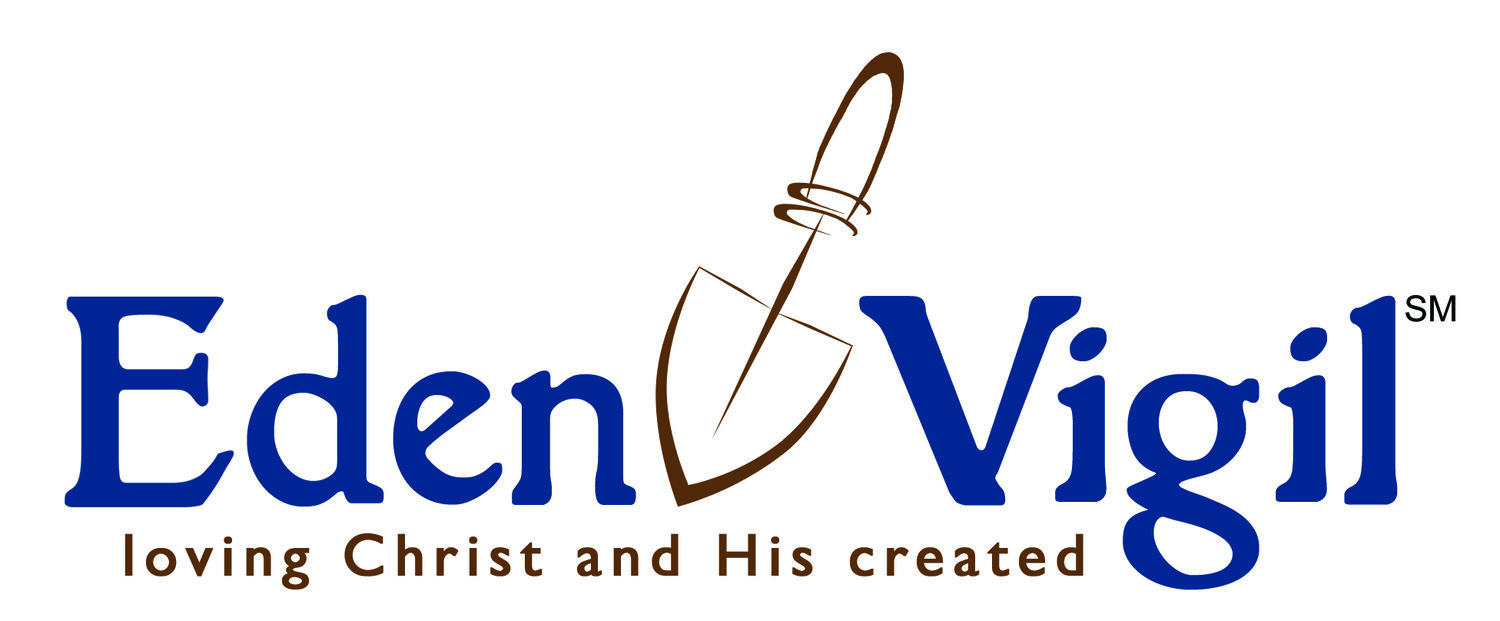Dear Friends of the Eco-Realism Consultation:
After the July 26th gathering at Catholic University, we (John and Lowell) promised to provide a short synopsis of the most compelling things we heard from you, and the directions and projects that we find most energizing going forward. We are sending this to all of you—both those who subscribed and considered our four premises, and those who also attended in person and participated with us face to face.
Four basic premises framed our discussions over five months, summarized here as:
That we and our world must now experience potentially unprecedented hard times;
That a faith that primarily accentuates comforting positives is now becoming unintelligible;
That the future now demands our focus on the suffering of life in a failing ecosystem; and
That we must now interrogate our inherited systems within a vastly different context.
With those premises in mind, you offered scores of thoughts, concerns and ideas in our day together, and in ongoing exchanges with us. We thought that several deserve special mention, given how many of us seemed to feel them. There are many others, but we kept hearing:
1. We need each other. We who carry the forbidden secret of inevitable consequences, and who have dared to speak it aloud, cannot walk this path alone. We need a place—or a network which fosters the formation of multiple places—where we find no shame or forced silence, and where curiosity is welcomed; a place of shared resolve to seek hope and life without having to look away from the data of death and suffering.
2. We need to discover new ways of faithful living. For many of us, our inherited systems and institutions—economic, political and religious—no longer feel up to the task of guiding us wisely into an increasingly inhospitable future. We need greater attention to finding and internalizing more just and compassionate ways of being human.
3. We need to foster broader spheres of belonging. We are troubled by our tendencies toward tribal isolation, toward that which is familiar. Welcoming and listening to the less familiar is often uncomfortable, but necessary in a shrinking and struggling world. We are especially impoverished by the dearth of connection and friendship with those who have historically been treated as “other” by our communities. And these connections extend beyond the human world to the rest of creation.
How the actual work of the New Future will be shaped or how this Consultation will morph—its initiatives, structures, processes—is still uncertain, but with the above broad themes in mind, we imagine feeling our way, together with many of you, toward the following endeavors:
1. We want to help develop systems or networks that facilitate personal connections among us and with those we have yet to encounter and befriend.
2. We want to reposition eco-realism as distinct from climate action, creation care, or environmental conservation. Because our eco-realist convictions grew out of the failure of these environmental initiatives, it is natural that we thought of our work as part of “green” activism. It is not.
3. We want to develop an apocalyptic voice (a frequently misunderstood term) that is distinct from both popular religious apocalypticism and from traditional prophetic witness—one that names the auto-destruction of systems that undermine the flourishing of life, and that sets its gaze on the possibility of redemptive futures beyond the collapse of those systems.
4. We want to re-evaluate our stance toward immediate victories and losses, with their urgent demands on our attention, emotions, and resources.
5. We want to welcome theological imagination in light of the failing credibility of “positive Christianity.” We intend to leave abundant, safe space for critique of inherited systems, with a patient and humble resolve to listen and look for new perspectives.
6. We want to prioritize the identification and clarification of new purposes in an eco-realist context. We intend to move beyond understanding the hard times we must face, toward a shared, compelling and even practical sense of how we now live, love, and work.
7. Finally, we want to foreground investment in persons—not institutional growth, but the formation of resilient and compassionate people, as a reimagined framework for discipleship.
We are putting these endeavors in writing now, not as some sort of manifesto, but rather as both a beacon to mark our intentions going forward, and as an invitation to you to join us in some aspect of these intentions—and, where different, to offer your own. As you peruse these plans and intentions, we hope that you will consider your calling, the things that bring you meaning and joy, your skills, and how you might employ them on this journey into the dark “new future” we must face. Our longing is to follow together the One who walked into the darkness of the human condition, in expectation of his presence with us in the darkness ahead.
Please feel free to write us with your own reflections. We will be in touch again shortly.
With heartfelt thanks for your friendship and solidarity,
John and Lowell

